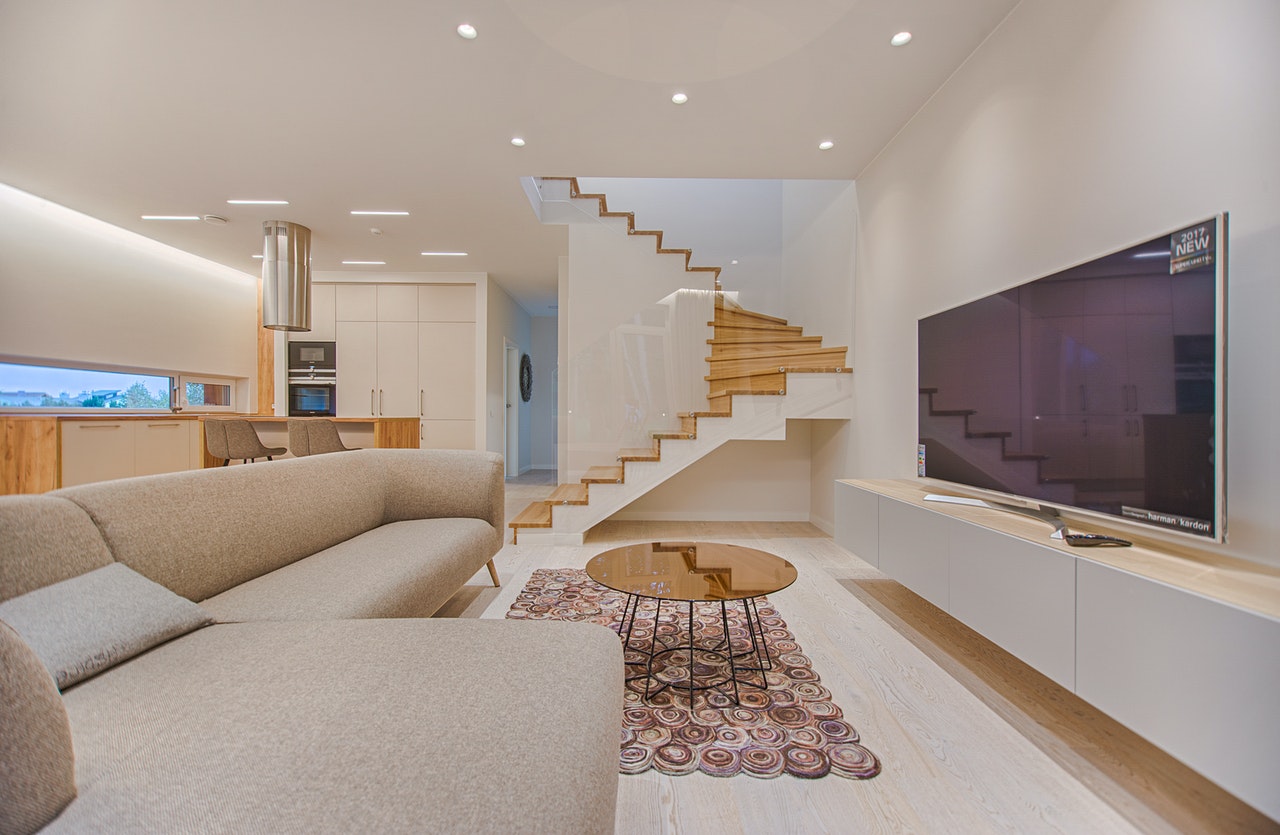In this technological era we live in, where everything seems to be done easily just by looking and swiping on our radiation-emitting devices, it is no surprise that a lot of people may be experiencing computer vision syndrome (CVS)—a condition that is caused by prolonged exposure to digital screens. Experiencing eye strain is truly inevitable at these times, especially that working or even studying at home requires you to focus on your screens almost every day.
Although CVS is not necessarily permanent, it may cause you to experience several symptoms that can go from temporary to serious. You may experience itching, redness, and double vision, among a few, or you could be diagnosed with a more permanent condition such as myopia, hyperopia, or even raise the risk of you having glaucoma. People diagnosed with glaucoma ultimately have a high possibility of developing blindness. Untreated glaucoma patients have a high risk of developing total vision loss as the increased pressure in their eyes causes damage to their optic nerve.
It is necessary to check up on your vision state regularly as conditions like glaucoma usually don’t exhibit warning signs prior. If you have a family member diagnosed with glaucoma, you should never brush off the possibility of getting the right treatment or checking which one of the types of glaucoma surgery may be suitable.
It is important to remember that once you go blind, you can never turn back, as no existing cure is present for blindness as of today.
So aside from the regular check-ups, you should also ensure that your home is completely safe and friendly for your visually impaired family members. No other factors must further contribute to the risk of tunnel vision. You may try:
1. Installing glare-less lights.
It is vital that your hallways, staircases, and dim entrances of the house are well-lit and should not create glares as this would be highly uncomfortable for people who have sensitive eyes. You should also consider having lights inside your cupboards or cabinets, and make sure that these installments do not create weird formations of shadows that may further distort their vision than it already is. Television and computer screens should also be placed in areas wherein lights do not reflect out of it.
2. Use natural light.
If you plan to renovate your home, then consider installing larger windows or even a skylight for a much clearer view of your interiors. While this may be ideal, you must also learn how to control how much light should get in during the day not to be too much. Use light curtains or blinds to adjust how much light gets in.
3. Declutter regularly.
Make sure that any other unnecessary items should be kept in storage properly. If kids play in your home, then make sure to follow up on their messes and any stray toys left on the floor.
4. Consider anti-slip rugs.
Mats placed on dimmer places should never be a hazard for you or any of your family. If possible, do not put patterned or complicated carpets. You may also tape them down to avoid tripping incidents.
5. Contrast your interiors.
By doing so, you are helping those who have vision difficulties in locating items easily. Dark-colored towels should be placed in lighter bathrooms, and vice versa. You may also consider having a different colored doorknob that contrasts your door color. You should remember not to match your household items such as stairs and furniture to match your walls too much.

6. Trim bushes and cut low hanging branches.
As for your yard, be sure to eradicate any factor that may cause harm incidentally. To avoid such cases, be sure to install lights on your walkways outside.
7. Use large labels.
Do this especially with jars of medicines and vitamins, to avoid any mistaken intakes. Use bright colored labels and tags, or you may opt to use pill organizers for easier use.
8. Install railings wherever necessary.
Prioritize installing ones in your staircases and showers to give further safety. You must also make sure that the staircase railings are quite longer than the last or first step of your stairs.
9. Post emergency numbers in large print.
Put it next to your telephone for easier and urgent access when needed.
10. Practice the use of finger caps.
Cooking in the kitchen would seem like a daunting task for the visually impaired, so buy a couple of finger caps to avoid knife accidents when cutting your fruits or vegetables.
Prevention is better than cure, but for those who already have family members diagnosed with visual impairment, no matter how big or small of a deal, it may be, always prioritize accessibility within your homes. Tasks inside our homes could be much more difficult with a deteriorating vision. So take time to help your visually impaired loved ones, no matter the circumstance.